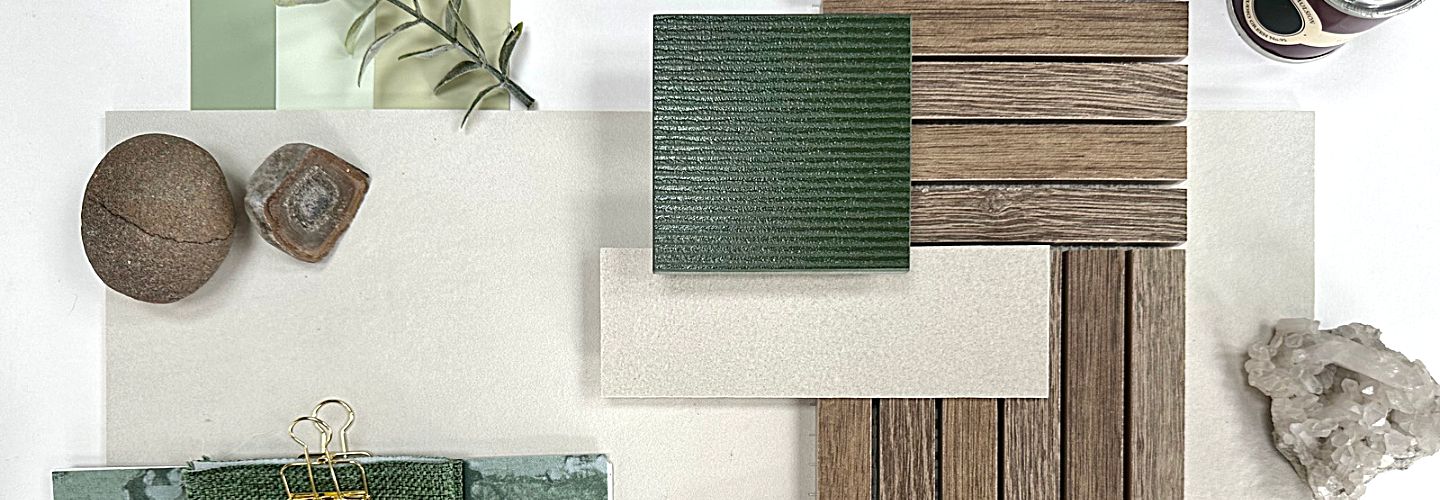Product & Trends Celebrating Earth Day With Beautiful, Sustainable Tile
Apr 20, 2023We’re very excited to celebrate Earth Day this year with the launch of two new tile products that are carbon neutral! Civilization and Native Metal are Crossville's first carbon neutral tile collections and represent a significant first step toward a more sustainable future. We’re proud to offer these carbon neutral tile collections, and we hope to have many more in the future, but did you know all ceramic tiles have the smallest carbon footprint of any flooring surface material?
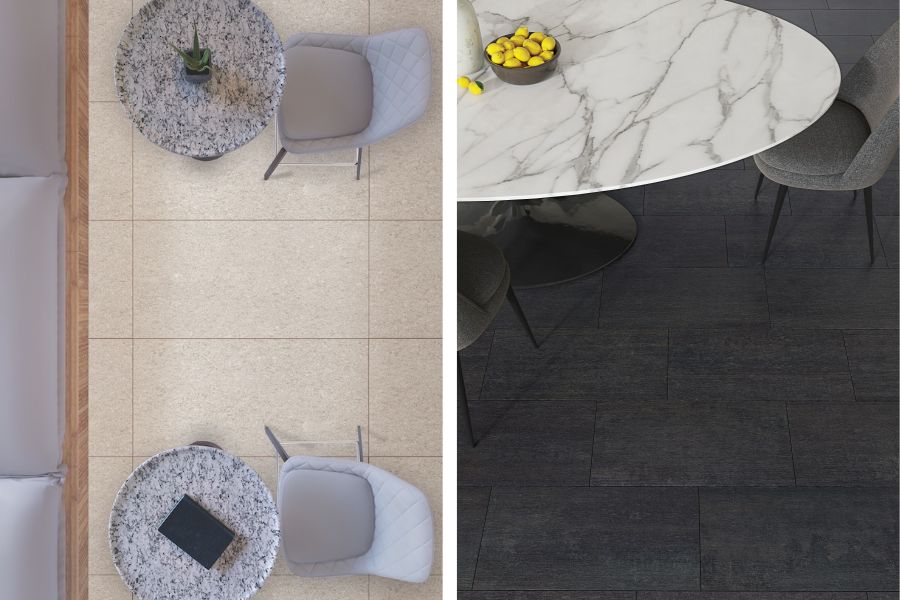
Civilization Native Metal
All Tile is Inherently Green
Ceramic tiles are inherently green and highly sustainable because they are made of earth-friendly materials (basically water and clay) that don't harm the environment. Ceramic and porcelain tile can be cleaned without toxic chemicals, they can be recycled, they’re long-lasting, and they can be efficiently manufactured.
Material Extraction
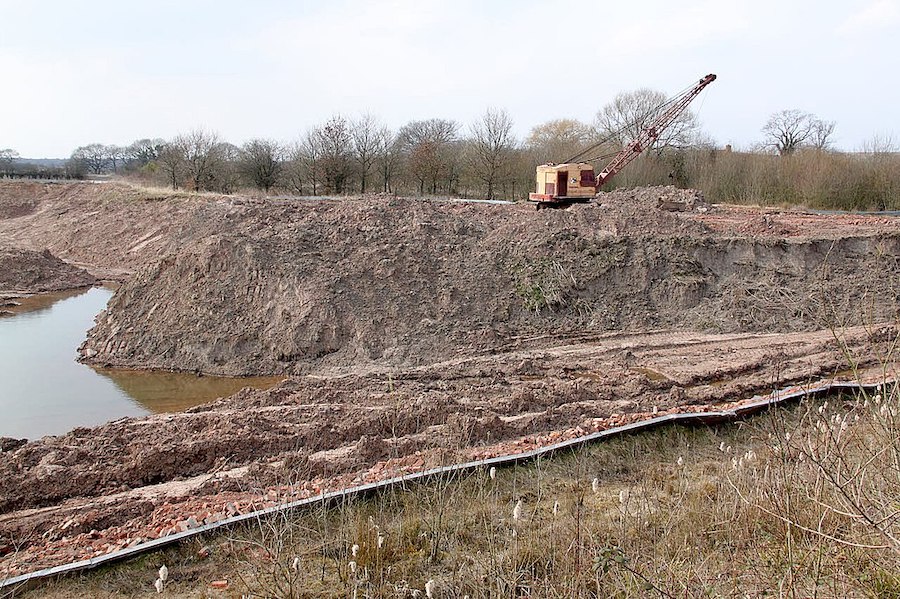
Ceramic tiles are made up of natural clay that comes from the earth. Clay is plentiful and very often found close to tile factories, which keeps extraction, transportation, and fuel costs at a minimum.
Ceramic Tile Contributes to Good Indoor Air Quality
 Indoor Air Quality (IAQ) is a critical concern for design professionals and consumers alike. Environmental contaminants and microbial growth within buildings, on finishes, and in furniture may account for the rise in Sick Building Syndrome, Building Related Illness, and Multiple Chemical Sensitivity. Ceramic tiles are free of dangerous chemicals, VOCs (volatile organic compounds), and plastics found in many other surfacing materials.
Indoor Air Quality (IAQ) is a critical concern for design professionals and consumers alike. Environmental contaminants and microbial growth within buildings, on finishes, and in furniture may account for the rise in Sick Building Syndrome, Building Related Illness, and Multiple Chemical Sensitivity. Ceramic tiles are free of dangerous chemicals, VOCs (volatile organic compounds), and plastics found in many other surfacing materials.
Lifecycle of Tile & Clean Disposal
 While carpet and laminate flooring need replacement every five to ten years, tiles can last fifty years or more (or at least as long as the building in which it is installed). This longevity makes ceramic tile cost-effective and a smart choice for reducing negative environmental impacts, resource use, and demolition waste compared to flooring products that need replacing more frequently.
While carpet and laminate flooring need replacement every five to ten years, tiles can last fifty years or more (or at least as long as the building in which it is installed). This longevity makes ceramic tile cost-effective and a smart choice for reducing negative environmental impacts, resource use, and demolition waste compared to flooring products that need replacing more frequently.
But what happens when tiles or the buildings they are installed when they reach the end of their useful lives or get ripped out sooner for renovations?
When ceramic tile must be disposed of, it’s the perfect material for clean fill per U.S. Environmental Protection Agency (EPA) criteria because it is 100 percent inert, meaning it’s non-water soluble and can’t decompose or leach caustic liquids.
Tile Maintenance
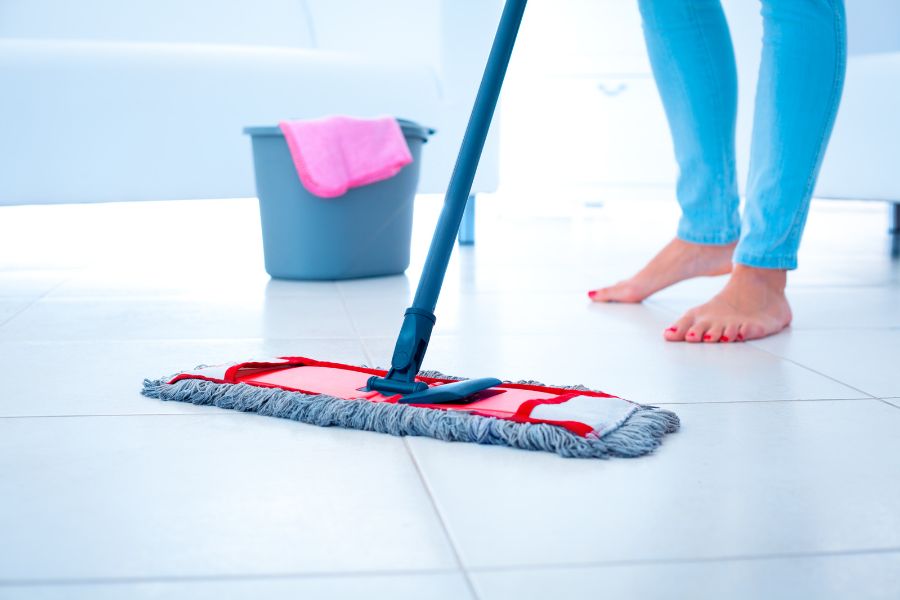
Ceramic tile is so easy to keep clean with just warm water, pH-neutral cleaners (if necessary for heavy soil), and a mop. Toxic chemicals and solvents that can find their way into our soil or drinking water are completely unnecessary for keeping ceramic tile clean and sanitary.
Energy Efficiency
 Ceramic tile has a high thermal mass calculation, and unlike carpet & timber, the clay can absorb heat during the day and release it in cooler evenings. The inherent thermal mass of tile minimizes peak heating and cooling, moderating temperature swings, reducing the use of HVAC systems, and saving energy.
Ceramic tile has a high thermal mass calculation, and unlike carpet & timber, the clay can absorb heat during the day and release it in cooler evenings. The inherent thermal mass of tile minimizes peak heating and cooling, moderating temperature swings, reducing the use of HVAC systems, and saving energy.
How Can Ceramic Tiles Be Greener?
Though inherently green, ceramic tiles can be even more sustainable. Extraction practices that use recycled or reclaimed waste material in manufacturing can further reduce the environmental impact.
Tile Recycling & Reclamation
 TOTO USA® pre-consumer porcelain toilets ready for recycling into tile.
TOTO USA® pre-consumer porcelain toilets ready for recycling into tile.
When ceramic tile reaches the end of its lifecycle, the debris does not have to go to a landfill. It can be ground and recycled into new tile, and it can also be used as aggregate in concrete, road construction, or railway construction.
Efficient Production
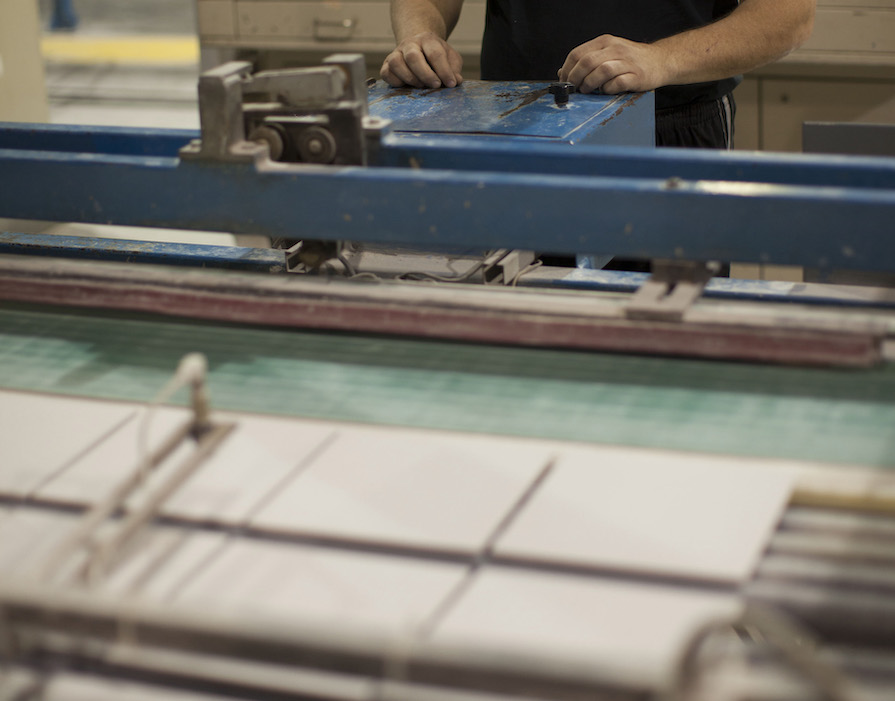 For a building material to be considered truly sustainable, its production must be efficient. Keeping waste to a minimum and reducing the amount of energy used to produce the tile can further increase the sustainable attributes of ceramic tile.
For a building material to be considered truly sustainable, its production must be efficient. Keeping waste to a minimum and reducing the amount of energy used to produce the tile can further increase the sustainable attributes of ceramic tile.
Third-Party Certifications
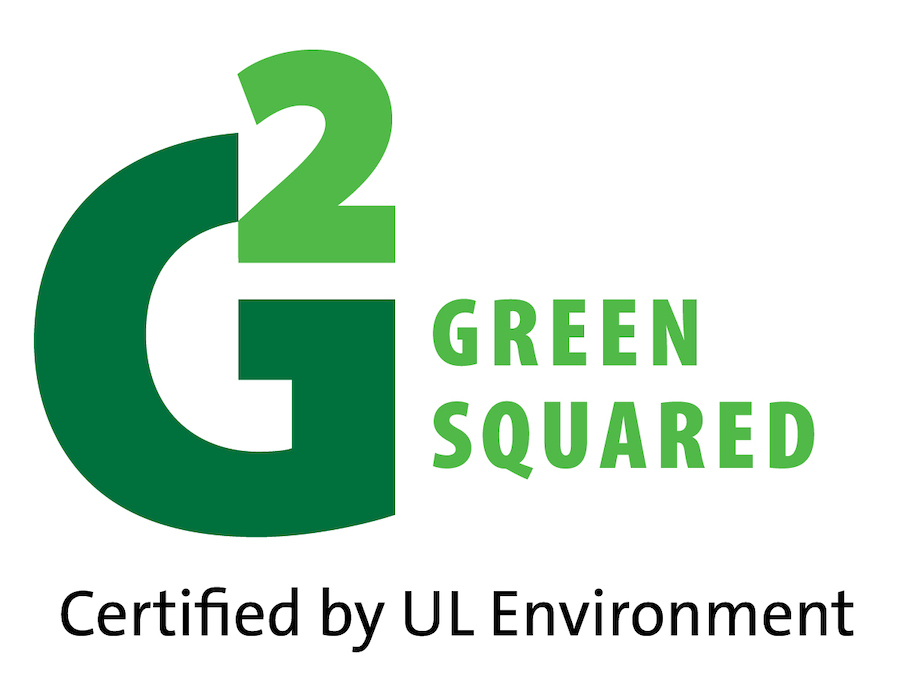
Many tile products have third-party certifications that assure architects, designers, specifiers, and consumers that a product’s claims reflect its sustainable attributes. Green Squared is one such certification; it's the first multi-attribute sustainability standard developed for tile and tile installation products by The Tile Council of North America. Green Squared certification provides authenticity that manufacturers have met the criteria in all categories, including environmental product characteristics, environmental product manufacturing, raw material extractions, end-of-product life management, progressive corporate governance, and innovation. Many Crossville Studios tile collections are Green Squared Certified.
Reach Out To Us!
With 27 dedicated tile showrooms, we offer local support and are here to answer all your questions and guide your selections for sustainable design projects. Reach out to a showroom near you today.
Image Credits
Clay extraction by Alan Murray-Rust, CC BY-SA 2.0


